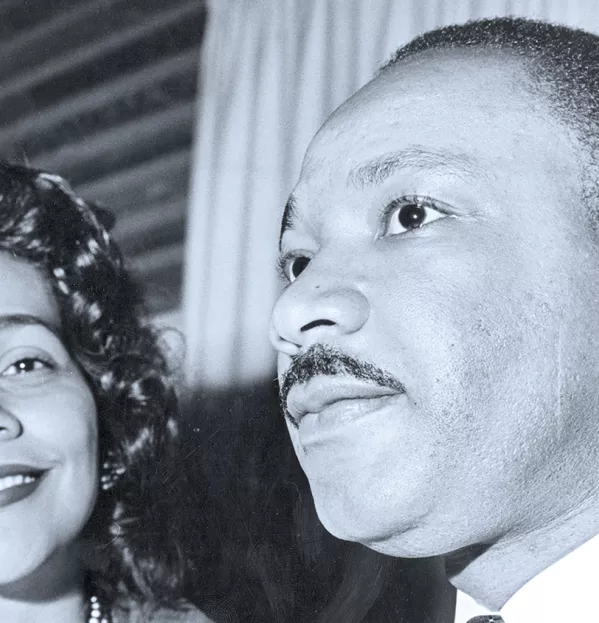I wanted my Year Six class to think about whether a hero is still a hero if they do bad things. I needed some real-world examples.
Edward Colston: philanthropist who built schools, hospitals and almshouses. Also a slave trader. Caravaggio: masterful painter. Killed someone in a fight.
Then I thought of another example.
Martin Luther King: Nobel Peace Prize winner who cheated on his wife.
At first, the idea of a white teacher asking this to a class of children mostly from West African backgrounds felt forbidden, even dangerous. What if they think I’m implying a glib parallel between Colston and King? What if posing the question makes the kids feel alienated from me?
Facing a decision about the King question forced me to think deeper about racialised elements of my classroom. Christopher Emdin, author of For White Folks who Teach in the Hood, tells how white teachers in urban schools have historically understood their role through a hero narrative. Emdin suggests students deliver lessons so that the teacher can learn how transmission happens within the students’ culture.
Elsewhere, at #HipHopEd meetings, I met writer and teacher Jeffrey Boakye, who said to me, “If teachers see their students as equals then they will understand they have something to bring to the table.’
Emdin and Boakye share a scepticism for vertical teacher-student relationships. Often, teachers are too fortified in the role of “educator”, where children are “learners”. The imbalance is too reminiscent of the power relationships at play in racial injustice. They call for a more horizontal relationship. Vertical exchanges allow a one-way insight exchange. Horizontal interactions mean both parties learn: teachers turn themselves down so children can turn themselves up.
In the end, I did ask the King question, as it would either be fruitful or I would learn to not ask it again.
Some said King’s infidelity might upset married people; a direction I hadn’t foreseen. Others said that Colston’s kindness was only possible due to his cruelty, whereas King’s and Caravaggio’s good and bad sides weren’t so interdependent.
These questions changed the levels. The children were individuals, robust and dynamic at considering complex aspects of King. Watching them made me feel it would have been patronising to deny them this chance to critically reflect on their heritage.
Also, in knowing that I didn’t control where the King question would go but asking it anyway, I glimpsed what it means to turn myself down.
I wasn’t venturing into the level of horizontal exchange that Emdin proposes. But the experience taught me that the anxiety of race in the classroom is something survivable. That in itself gives me the confidence to begin to move aside, so the children can choose their own heroes.
Andy West is a teacher in London
